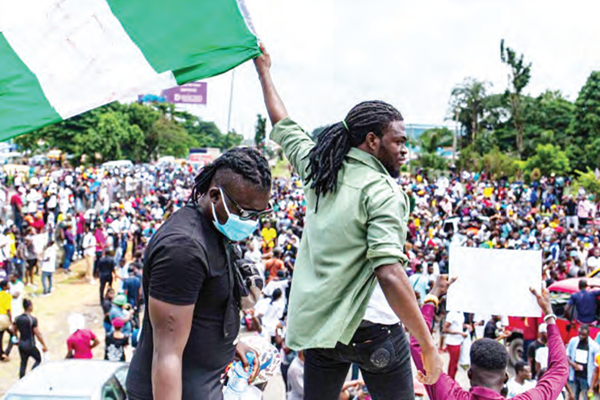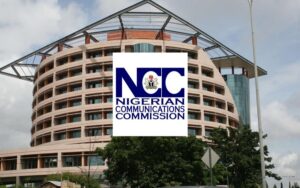
The role of peaceful protests in Nigeria’s democratic landscape
In a democratic society, the right to protest holds significant importance, and this is particularly evident in Nigeria. Recent discussions regarding the planned August 1 #EndBadGovernanceInNigeria protests have sparked varied opinions.
Protests serve as a means of democratic expression, allowing citizens to collectively voice opinions, grievances, and demands. In Nigeria, where political and social issues often face neglect, protests provide a crucial avenue for the populace to express dissatisfaction and advocate for change. This active engagement plays a pivotal role in ensuring that the government remains responsive to the needs and expectations of its people.
Throughout history and globally, protests have influenced policy decisions and societal changes. Examples include demonstrations in South Korea against proposed medical education reforms and in France regarding privatisation of public enterprises between March 2019 and November 2020. Protests act as a check on governmental power, reminding elected officials and public servants of their accountability. In Nigeria, where issues like corruption and misuse of power persist, protests can serve to curb overreach and promote transparency.
Supporting protests can strengthen Nigeria’s democratic institutions and encourage a culture of accountability. The country has a history of public demonstrations leading to significant changes, from anti-colonial movements to recent protests like #EndSARS, which highlighted issues of police brutality and justice reform.
Despite constitutional guarantees such as the right to assemble freely under Section 40 of the 1999 Constitution, protests in Nigeria often encounter challenges such as excessive force from security agencies, arbitrary arrests, and stigmatisation of protesters. These obstacles not only undermine democratic principles but also deter civic engagement.
The aftermath of the #EndSARS protests underscores these challenges, where initial widespread support for police reform was eventually riddled with violence and repression, by strange actors.
To safeguard the right to protest, it is essential to enhance legal frameworks that protect protesters from arbitrary arrests and violence. Protests, when conducted peacefully, provide a platform for constructive conflict resolution. Allowing dissenting voices fosters dialogue and negotiation, which are integral to a democratic society. Conversely, suppressing protests can escalate tensions and potentially lead to more volatile outcomes.
A vibrant civil society is crucial for the growth and sustainability of democracy in Nigeria. Upholding and respecting the right to peaceful protest ensures that all Nigerians can freely voice concerns without fear of reprisal or intimidation.
Protests in Nigeria represent a vital democratic right and a potent mechanism for driving positive change. Embracing this form of expression strengthens democracy by addressing legitimate grievances and ensuring government accountability. The government has little to fear as long as it listens to its citizens.




